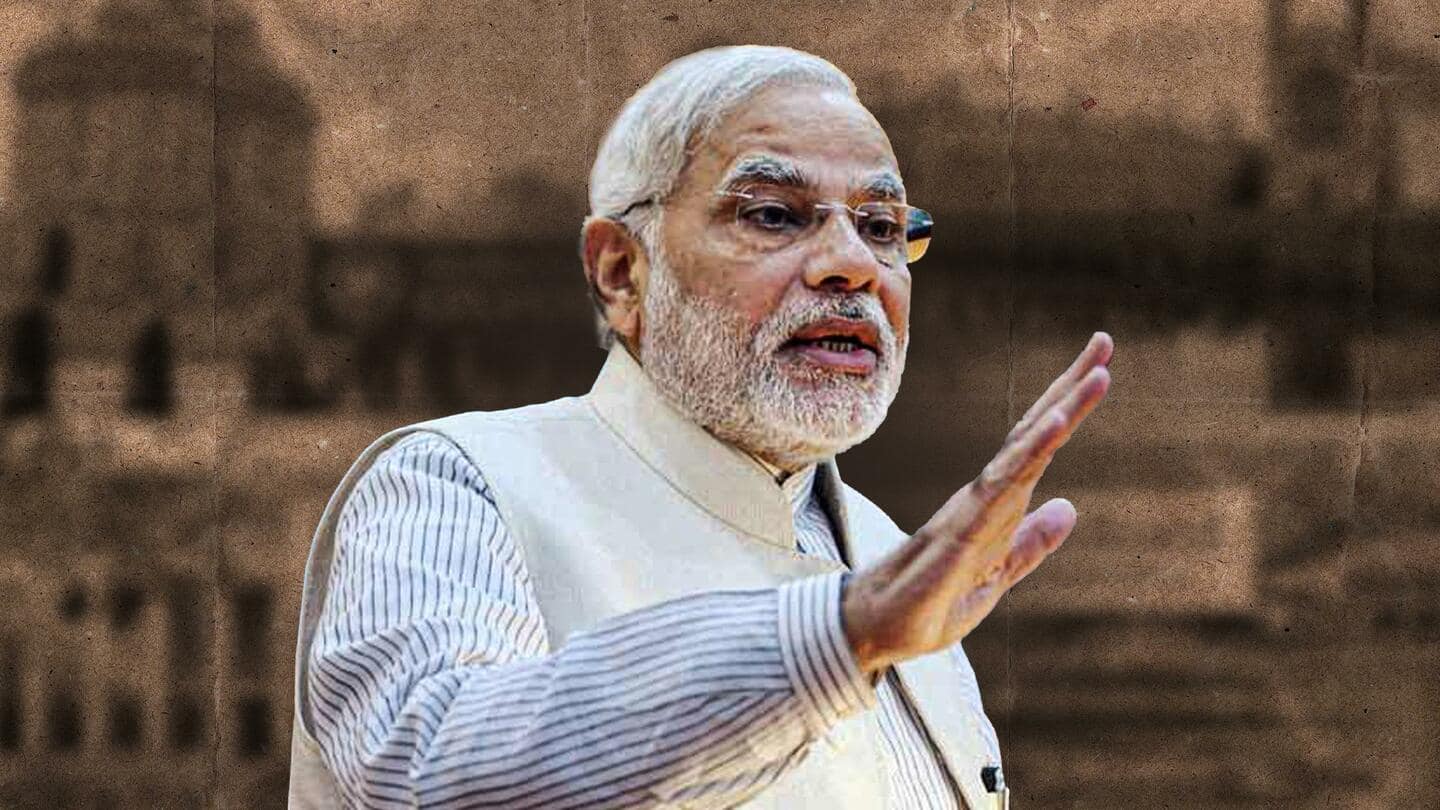
India likely to get Yale, Oxford, Stanford campuses soon
What's the story
The University Grants Commission (UGC) unveiled a draft law on Thursday seeking public feedback to facilitate the setting up of branches of prestigious foreign institutes in India, in line with the National Education Policy (NEP). Only the top 500 global institutions would be allowed to enter and operate in the country, it said. The final draft will be tabled in Parliament for its approval.
Context
Why does this story matter?
In 2020, then Union Education Minister Ramesh Pokhriyal said the country's "heavily regulated" education sector needed an overhaul that could woo nearly 7.5 lakh students who spend around $15 billion each year pursuing higher education abroad. Earlier, the ruling Bharatiya Janata Party (BJP) resisted attempts to liberalize the country's education sector but seems to have had a change of heart since then.
Draft
Local campuses to get free hand in admissions, fee, recruitment
The draft legislation states local campuses of leading foreign institutes/universities—like Yale, Oxford, and Stanford—would be free to decide on the admission criteria of domestic and foreign students, fee structure and scholarship, and recruitment of faculty and staff. The move is aimed at internationalizing India's higher education system. In August, India identified prospective countries to expand the premier Indian Institutes of Technology (IIT) as well.
Details
Move aims to lessen divide between curricula, market demands
In 2020, when the NEP was implemented, Pokhriyal said that India needed to boost its education sector to make it more competitive and bridge the gap between college curricula and market demands by introducing world-class institutions. He had said there was a lot of enthusiasm regarding the opening of local campuses of foreign institutions, adding that the Australian government was interested in the proposal.
GTCI
India fell from 72nd to 101st rank in GTCI rankings
Although India has produced global leaders who helm giant corporations such as Microsoft and Alphabet, it struggles with talent retention, also known as brain drain. Separately, in 2020, India ranked 72 among 132 nations in the Global Talent Competitiveness Index (GTCI), which measures a country's ability to grow, attract, and retain talent. However, in 2022, India fell to the 101st rank in the index.